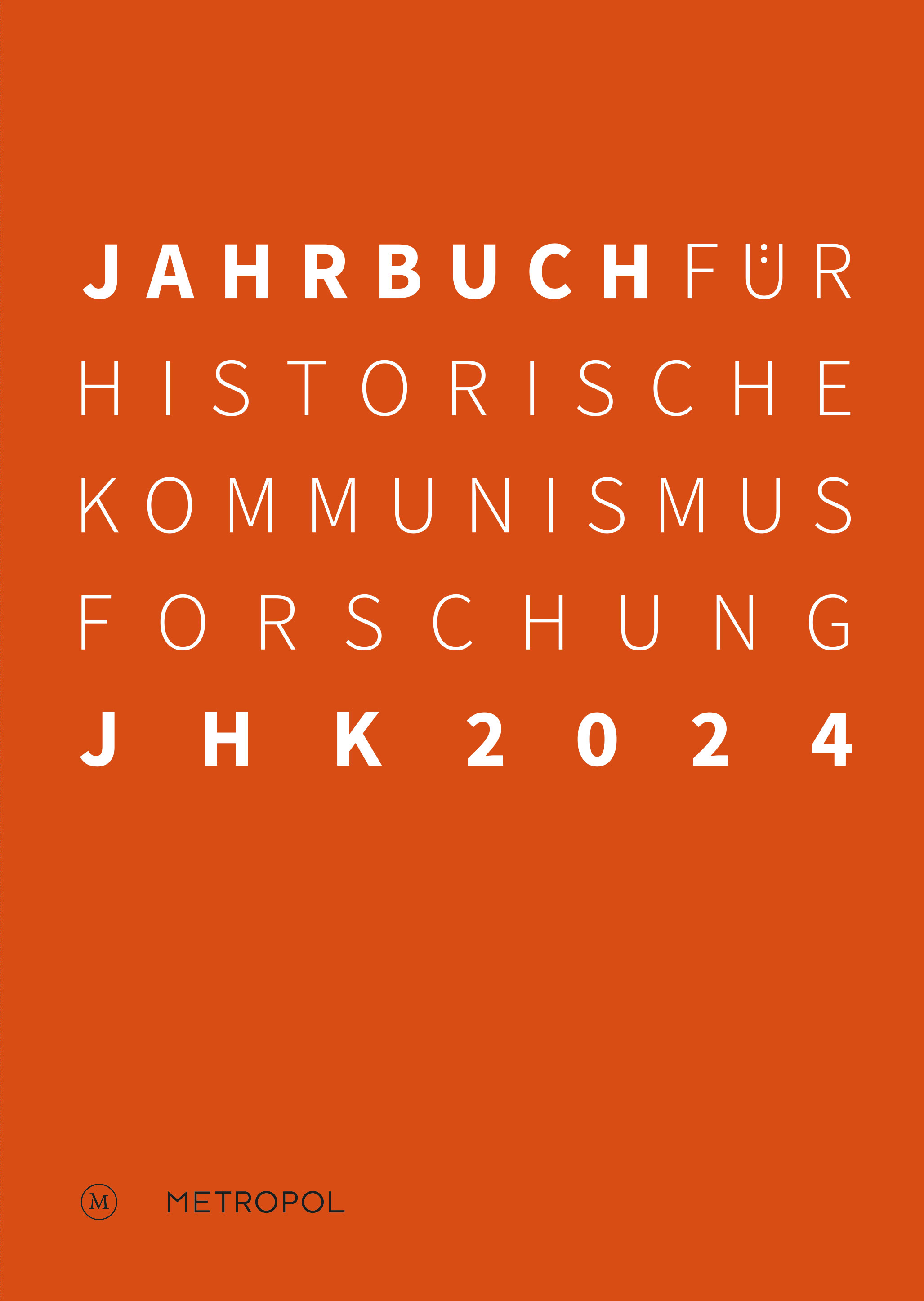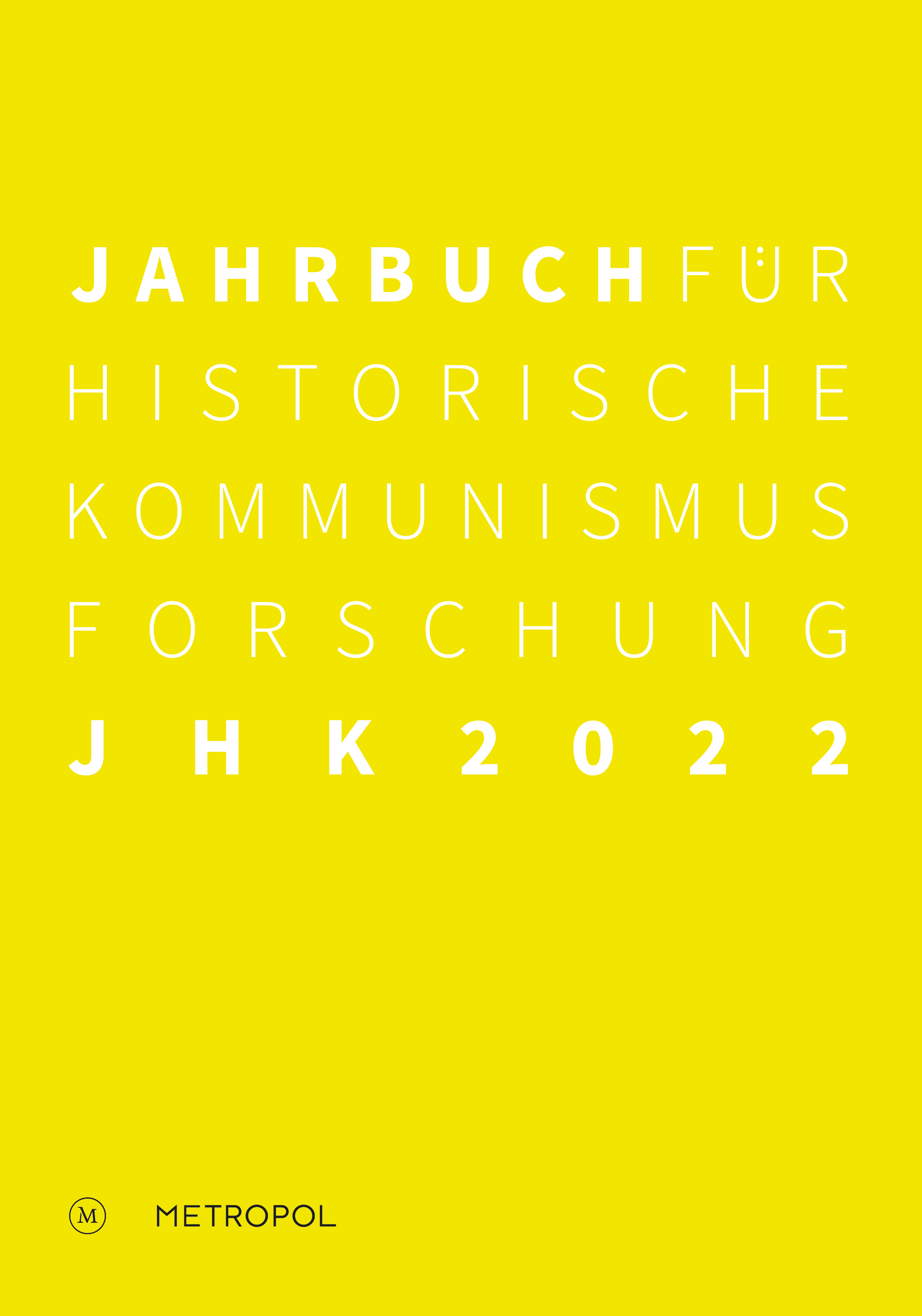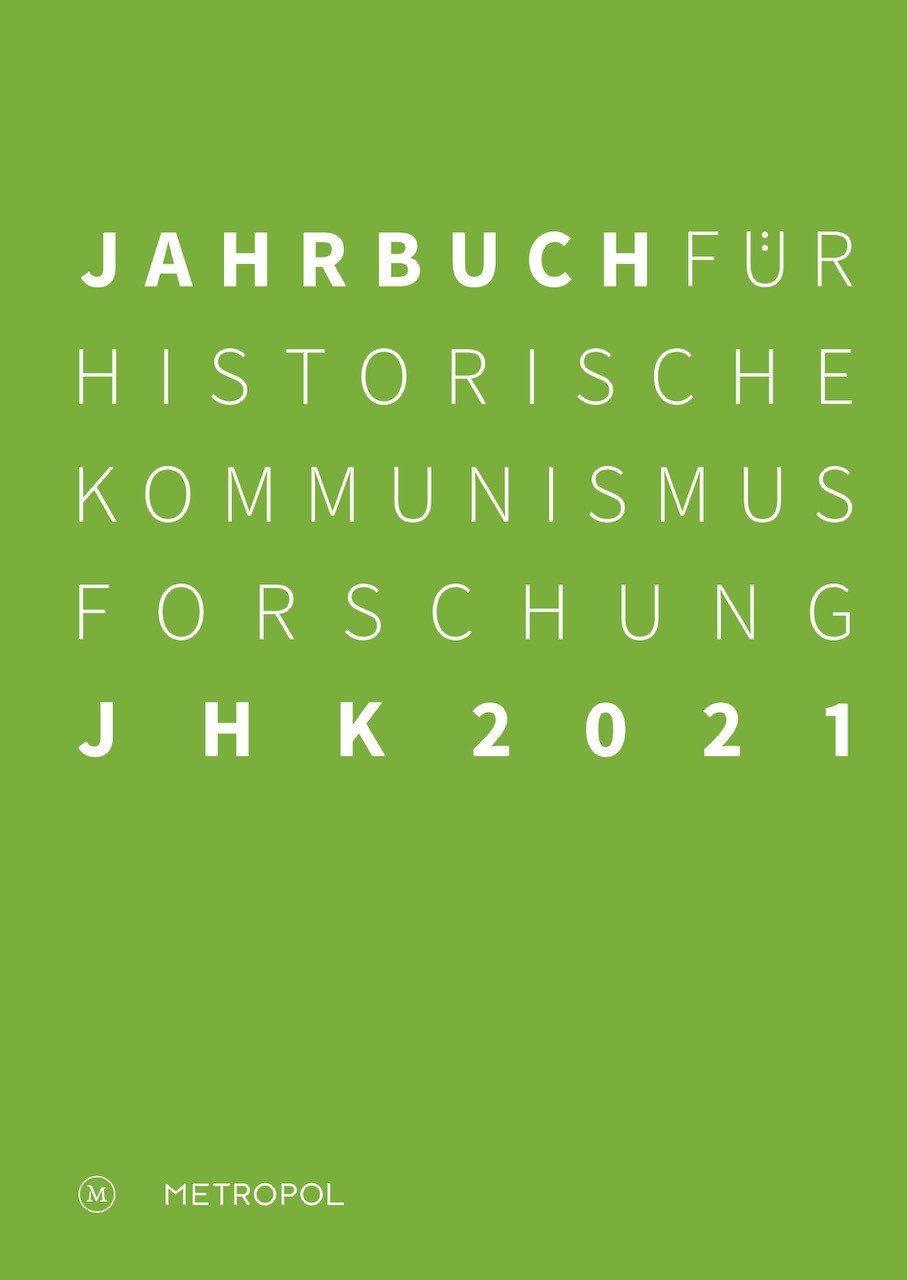Felix Herrmann: Technology Gap, transnationale Integrationsbemühungen und nationale Egoismen: Der Aufbruch des Rats für gegenseitige Wirtschaftshilfe in das digitale Zeitalter, in: Jahrbuch für Historische Kommunismusforschung 2020. Berlin: Metropol Verlag, pp. 209-223.
Abstract
By the mid-1960s it became apparent that the Soviet Union was increasingly lagging behind the US in the field of computer technology. In the USA, state-financed defence projects helped spawn a rapidly growing computer industry that changed more and more aspects of economy and society, whereas in the USSR relatively primitive technology developed by competing state-controlled academic and military research institutes dominated the field. As the article shows, the USSR was cut off from the world market for high-tech equipment as a result of Western sanctions, which contributed to the constant widening of the technological gap with the USA. In response, the Soviet leadership sought bilateral cooperation with other Eastern Bloc states and, from 1968, pushed for economic integration in the computer and microelectronics industry within the framework of CMEA. This article examines the starting conditions for the implementation of a closely linked transnational high-tech industry in the CMEA region. This took place at a time of intensified efforts for economic reforms in several member states and in the CMEA itself and, like these, reached its limits in several respects. National self-interests influenced the negotiation of questions of division of labour and specialisation, and competition dominated over cooperation. Although multilateral relations were enforced by the Soviet Union for political reasons, its Eastern European partners were primarily interested in direct bilateral cooperation with the USSR.
Über den Autor
Felix Herrmann M.A., Studium der Informatik und Geschichte an der Humboldt-Universität zu Berlin. Derzeit wissenschaftlicher Mitarbeiter für E-Research und Digital Humanities an der Forschungsstelle Osteuropa an der Universität Bremen; ebendort Doktorand zur Wirtschaftskooperation zwischen der DDR und UdSSR in der Computer- und Mikroelektronikindustrie von den 1960er- bis 1980er-Jahren. Davor als IT-Consultant und Softwareentwickler tätig, u. a. am Department of Digital Humanities des King’s College London, beim Softwarehersteller Univention und bei den Webportalen Clio-online/H-Soz-Kult.



